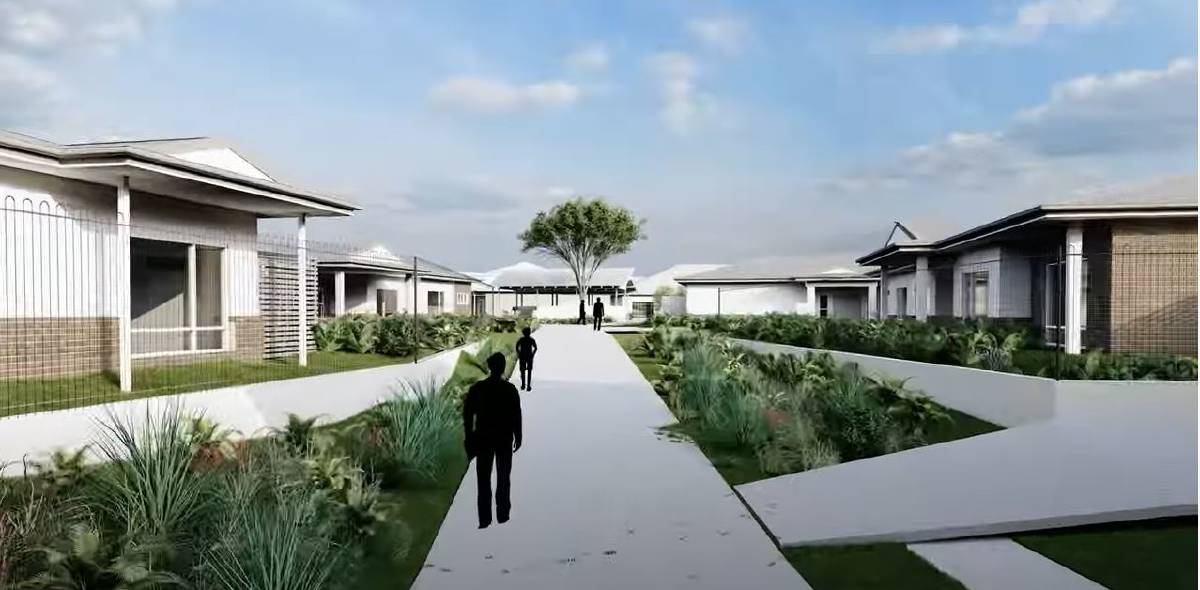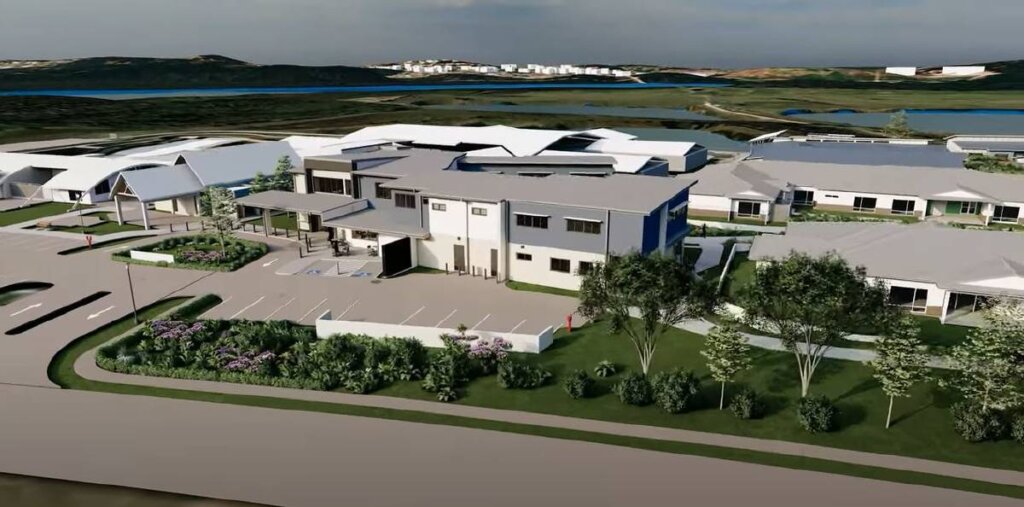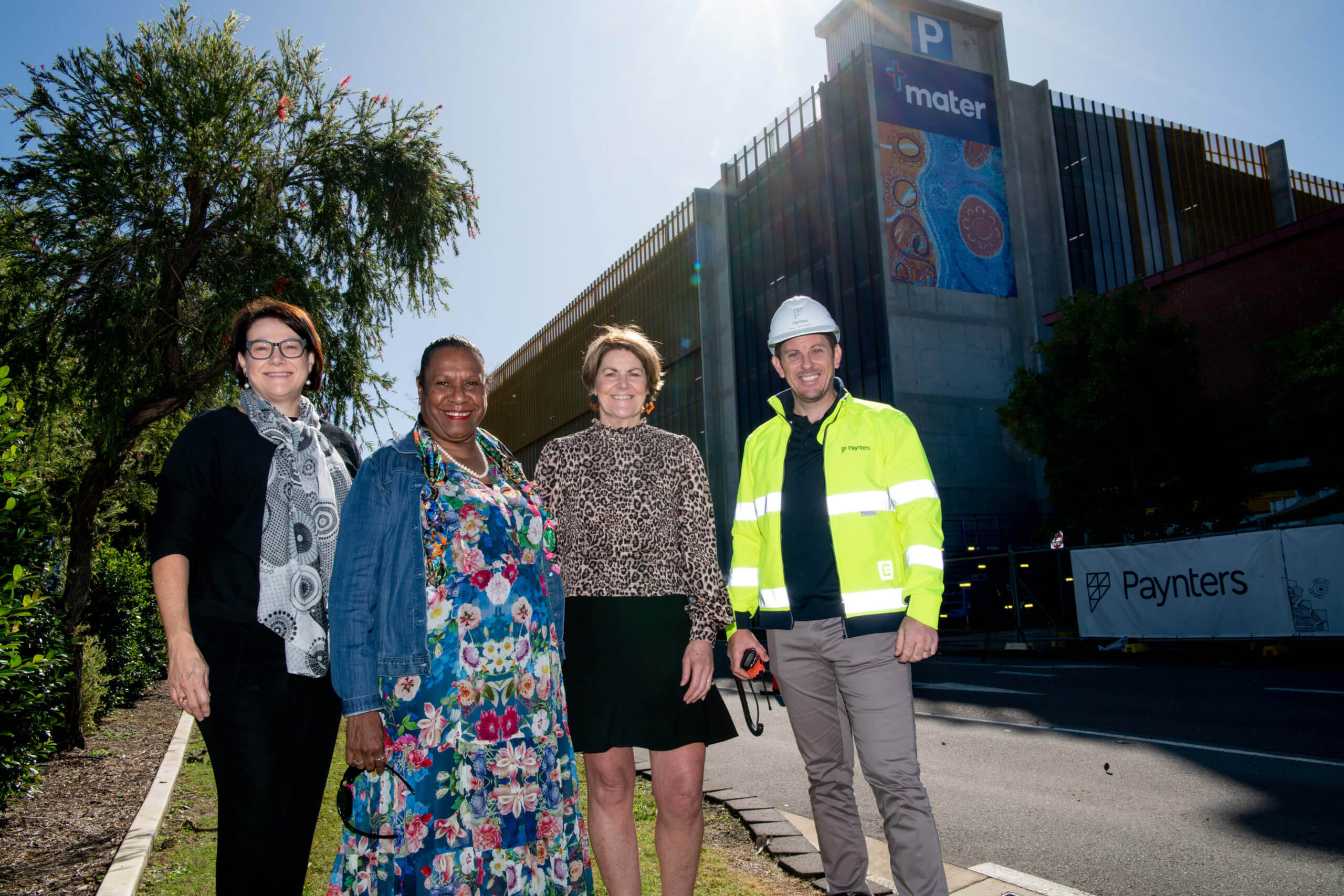Firm Foundation to Bring About Emmaus Village Groundbreaking Dementia Care Model

St Agnes’ Catholic Parish’s realisation of an innovative care model that answers the needs of people living with dementia is on track for completion in mid-2023.
Emmaus Village will feature 12 homes housing up to 94 residents in a small-town village environment.
Previously known as the Memory Support Village, the name was recently changed to link with Emmaus’ reputation for providing high-quality aged care through its residential care service on the Emmaus site on Colonel Barney Drive.
St Agnes’ Catholic Parish CEO Adam Spencer said Emmaus Village was the result of years of planning to address a rapidly increasing community need.
The Port Macquarie electorate has nearly 2500 people living with dementia, which is the second highest prevalence rate in state electorates of Australia.
“It was great to see work start on Emmaus Village earlier this year,” Mr Spencer said.
This was mainly earthworks preparing the site for future phases of construction.
Since the earthworks were completed, construction began on building retaining walls and the installation and relocation of services such as electrical and water.

The concrete foundations for the houses and the community centre are expected to be completed over the coming months with wall framing of the houses and ground floor of the community centre to be completed by the end of 2022.
The project, which is the first of its kind in regional NSW, has attracted federal and state funding.
Mr Spencer said while the construction phase of Emmaus Village was ongoing, planning for the delivery of the Emmaus Village service model was progressing.
The “home companion” approach is a key part of the Emmaus Village service model.
“Recognising that each resident has unique needs, desires and interests, our home companions encourage and support them to help with cooking and other household tasks,” Mr Spencer said.
The rhythm of the day and general decision-making are driven by the residents and their families.
“This approach focuses on empowering home companion roles to provide choice for the care routines of residents and providing flexibility and freedom to do the things residents want to do,” he said.
“Residents will participate in everyday life decisions such as visiting onsite services within the community centre cafe to enjoy a coffee, heading to the supermarket to buy groceries for dinner or going to the salon for a haircut.”


